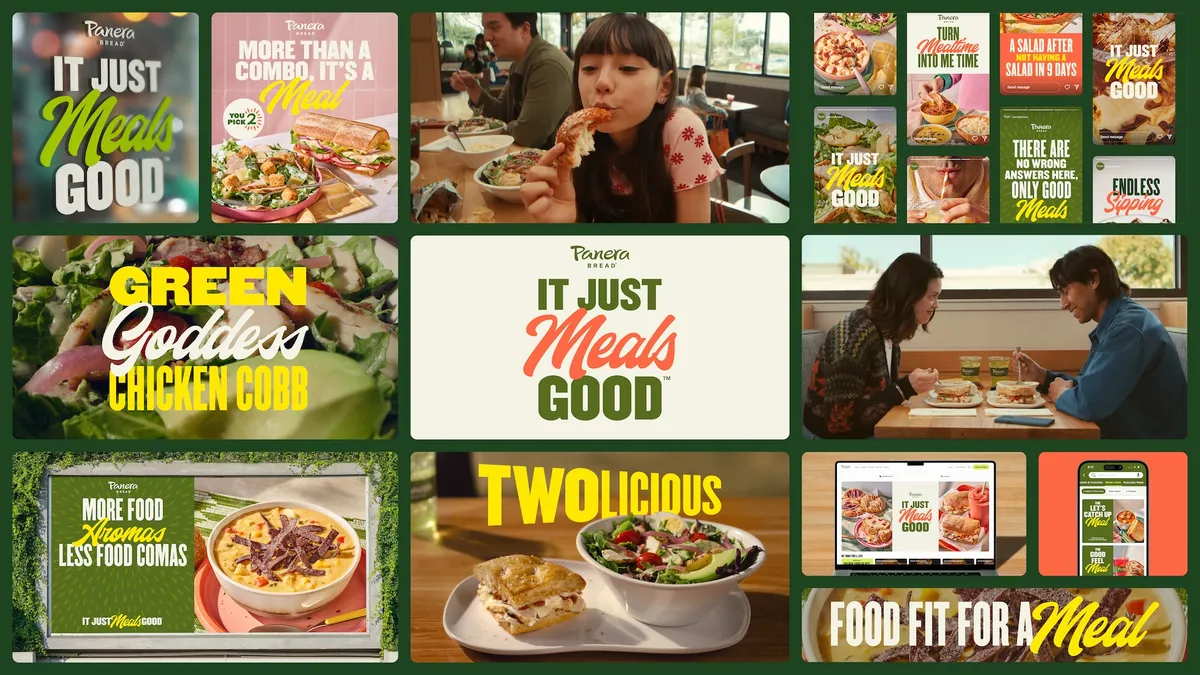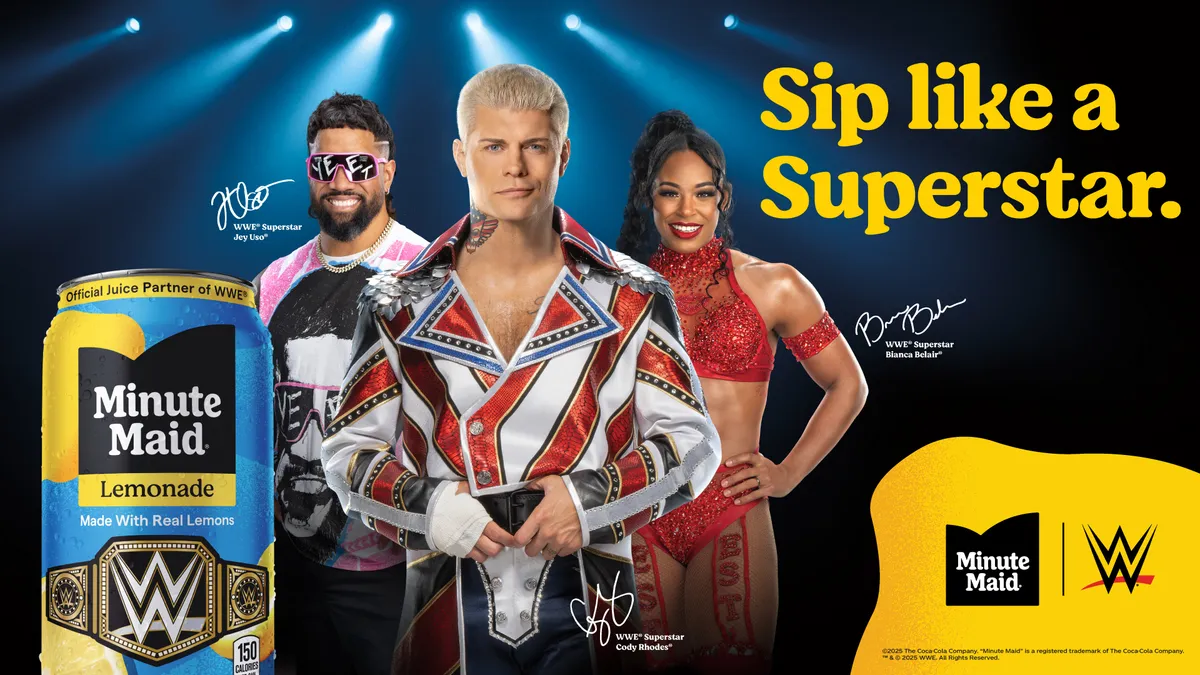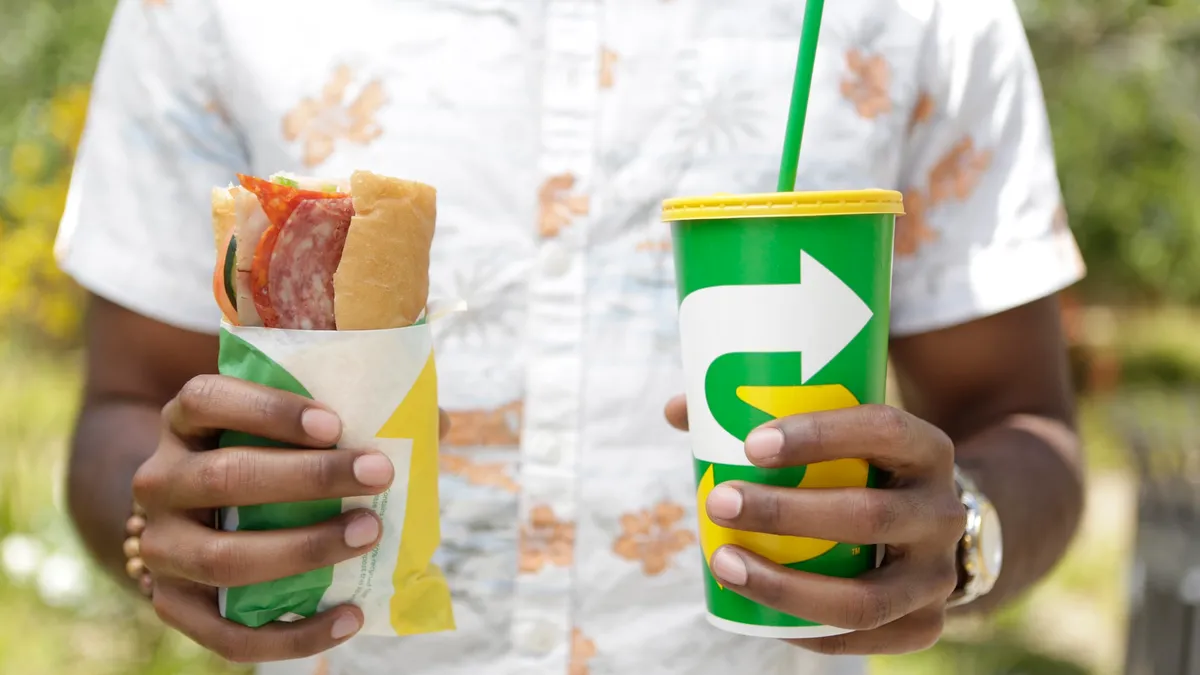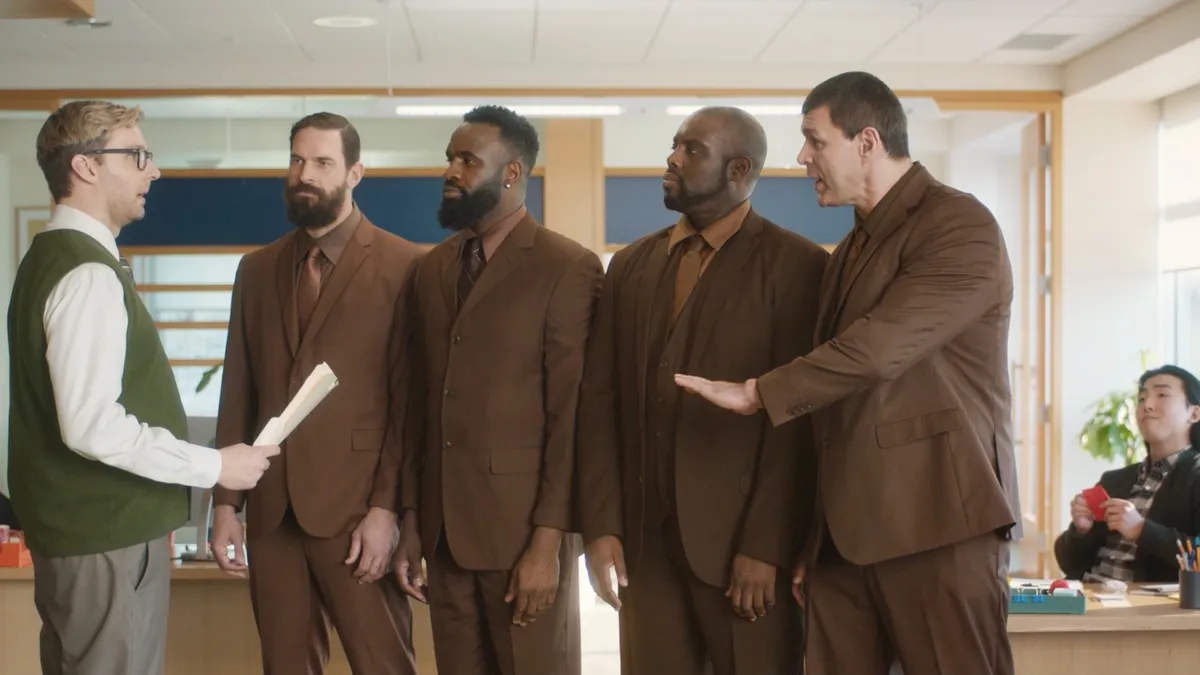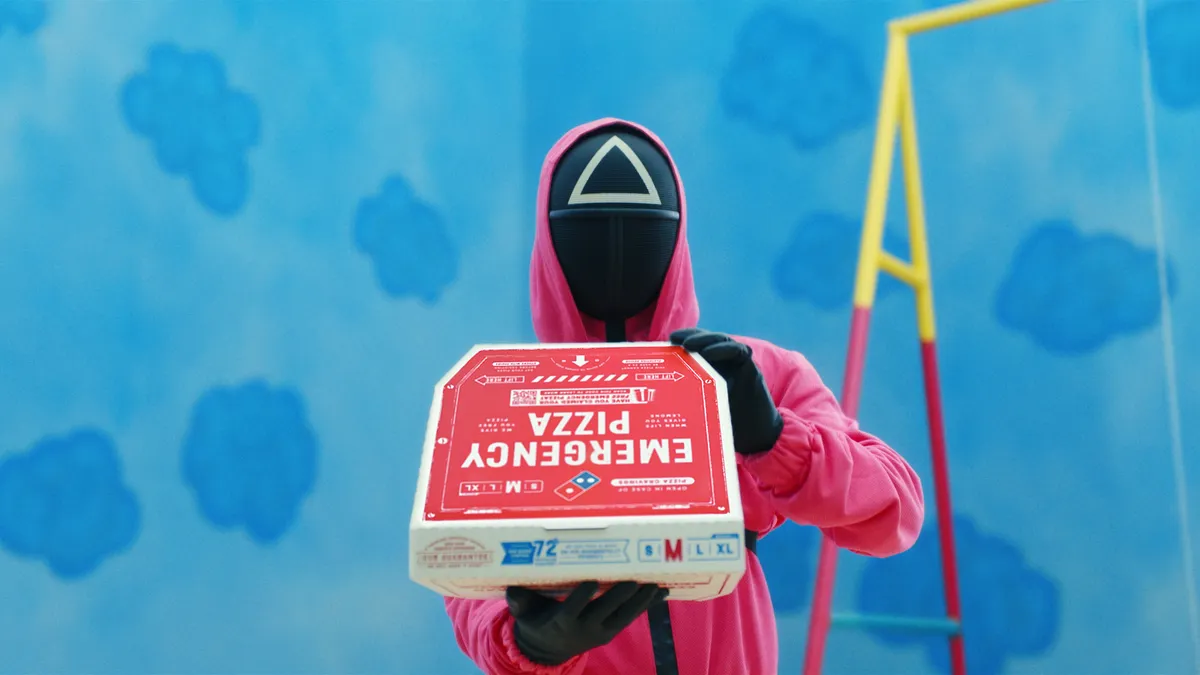Early in May, Tim Bray, a senior engineer at Amazon, resigned from the company, drawing a swarm of media attention. In a blog post, Bray wrote he had "snapped" over a series of firings at the e-commerce giant, most recently of warehouse workers who complained they were not receiving adequate protections to ward off the novel coronavirus. The act of protest was remarkable in coming from a senior-level employee, but mirrors a growing consumer concern around the health and safety of frontline workers amid a pandemic.
"That kind of public statement is rare, but it does happen when you have somebody who has strong moral convictions, sees things going wrong and knows that, in their position, they can make a fuss about it," Tensie Whelan, director of the NYU Stern Center for Sustainable Business, said in a phone interview.
Bray's fiery resignation represents a labor-related issue that marketers wouldn't normally have to contend with beyond PR mitigation. But the extraordinary circumstances of the pandemic have brought labor issues to the forefront for businesses, including in brand communications and how people think about topics like corporate sustainability. Consumer-facing campaigns from major marketers such as PepsiCo, Ford and Lowe's have thrown a spotlight on essential workers, either in the healthcare sector or employees of the companies themselves.
These efforts can be rewarding, as consumer calls to recognize those risking their lives to keep the lights on grow louder. However, a deeper public appreciation for workers now means that brands could be held accountable for ensuring marketing messages line up with their company's labor practices, even if backlash will be limited in the near term due to lockdowns. Additionally, corporate-level marketers could use the pandemic as a means to push for internal changes that will stand out even after the coronavirus passes.
"The coronavirus has highlighted the weaknesses and challenges of the system, and has caused people to recognize really directly — for themselves, personally, or for people that they know — how the system is not supportive of workers," Whelan said. She, like several sources in this piece, previously discussed environmental sustainability with Marketing Dive.
"Marketing folks can point to the risk for the company in not taking care of their people," Whelan added. "There's a clear marketing connection."
Grading the response
A growing body of research signals that consumers are putting more value on companies that treat their workers well during the public health crisis. Edelman's Trust Barometer reveals that 90% of surveyed global consumers want brands to put their best efforts into safeguarding the health and financial security of employees, even if it means taking on "substantial" revenue losses in the short term.
"I do think this is a defining moment for stakeholder capitalism."

Martin Whittaker
CEO, JUST Capital
In a study conducted with Ipsos, PepsiCo found that 93% of consumers want brands to provide salary and sick leave to employees, and 90% want transparency into how businesses are keeping their workers safe. The research indicated that empathy is a new imperative for marketers, and people are chiefly valuing the response to workers and communities at this time. The sentiment isn't surprising, and should be one more corporations are coming around to.
"If you can't be a just company in a crisis, when can you be?" Martin Whittaker, CEO of JUST Capital, a nonprofit research organization that provides environmental, social and governance rankings for corporations, said in a Zoom call with Marketing Dive. "I do think this is a defining moment for stakeholder capitalism."
Yet, if the pandemic serves as a proving ground for brands, some are receiving poor marks. While Amazon has been a focal point, it's hardly alone in receiving flak. Companies from Tyson Foods to tech firms like Uber have been criticized for their response and experienced mounting internal unrest.
"Corporations are not responding to this crisis as they should be," Christine Arena, founder and CEO of Generous, a marketing and production company focused on cause-led campaigns, told Marketing Dive. "It's inhumane and it's going to backfire on them. Consumers are hyper-aware of this."
Others offered a sunnier assessment. Whittaker called out how many companies are making positive changes, including extending paid sick leave, making executive pay cuts to curtail layoffs and allowing greater flexibility in remote work. Whether these changes will stick is the question of the moment, Whittaker said, but progressive-minded brands have a chance to lead by example.
"We've seen companies probably do more than they thought they could," Whittaker said. "I would say the response has been positive and shown companies what's possible about how to invest in and support their workers."
Losing the narrative
Still, Whittaker added that major players like Amazon are at risk of getting caught up in bad publicity amid the pandemic given their scale. Even though Amazon is arguably making some of the right moves, such as doubling overtime pay through May, flare-ups like Bray's can command the spotlight.
"We've seen many companies do nine things right, one thing wrong, but the consequences are significant," Whittaker said. "When you're Amazon, people will pay attention to your every move."
Marketers failing to get a handle on such situations could come back to bite them. Some have already seen their COVID-19 efforts backfire.
In March, McDonald's Brazil separated its Golden Arches as part of a campaign promoting social distancing. The effort drew the ire of prominent progressives like Sen. Bernie Sanders, who criticized the chain for not giving workers fair wages or paid sick leave during the pandemic, according to Crain's Chicago Business.
McDonald's eventually dropped the campaign to instead spotlight takeout and delivery.
.@McDonalds give your workers paid sick leave. https://t.co/2YmWpvCLY4
— Bernie Sanders (@BernieSanders) March 25, 2020
The negative impact of misfires could prove long-lasting. Significantly, 86% of respondents to the PepsiCo-Ipsos study agreed it's "critical" for brands to show empathy now if they want to grow loyalty, and two in three said that brands' actions during the pandemic will influence how they perceive those brands down the line. A recent report by Lucid similarly found that 84% of consumers believe that companies' prioritization of employee welfare during this period will be an important factor influencing what they buy in the future.
"[When] you have employees in serious unrest and actively organizing against the interests of the corporation, that takes over as the dominant narrative."

Christine Arena
Founder, CEO, Generous
Though backlash to poor behavior might not be immediate given limited mobility under shelter-in-place orders, it could return with a force as those policies are relaxed or lifted, experts predicted.
"People are going to buy their stuff from Amazon, but they're not going to be happy about it. When there comes an alternative, or when there's some way to protest, they will," Whelan said.
Marketers who don't address the disconnection risk not only losing loyalty, but also control of their company's story in the moment, when brand-building is viewed as paramount.
"Traditionally, employee engagement was sort of an HR function. That is one thing, but when you have employees in serious unrest and actively organizing against the interests of the corporation, that takes over as the dominant narrative that reaches the external world," Arena said. "The news cycle is dominated by those stories, so consumer takeaways are driven by those stories — not the stories coming from [the] brand."
Activism could surge among employees as well. At big companies like Amazon and Google, there were growing worker coalitions around issues from climate change to sexual misconduct before the novel coronavirus hit the U.S. in force. Those groups could become more common and influential in dealing with the pandemic fallout, according to Arena.
"I predict that employees and these coalitions, specifically, will become just as influential as shareholders on some levels," Arena said. "[COVID-19] accentuates the preexisting injustices and the preexisting problems."
Some collective organizing has already cropped up. On May Day, workers from Amazon, Amazon-owned Whole Foods, Instacart, Target and Target's Shipt delivery division joined in a strike for better pay, healthcare benefits and on-the-job protections. Protests in the forms of wildcat strikes and walk-outs are generally becoming more common due to the coronavirus, as reported in The Guardian, and have touched across industries like food service, trucking, meat processing, retail and more.
Enacting internal change
Worker unrest poses unique challenges for marketers, many of whom are grappling with budgetary cuts brought on by the pandemic. Experts said it's important to consider labor-related challenges as a social dimension of the broader sustainability causes many CMOs have championed in recent years.
"It's something that CMOs and all brands should be watching," Julia Wilson, VP of Global responsibility and sustainability at Nielsen, said.
Misalignment of worker sustainability and broader brand purpose is at the same time becoming more pronounced. Everlane, for example, has long positioned its apparel brand around being environmentally-friendly, which has won praise in the infamously wasteful fashion sector. But the company saw its reputation seriously damaged overnight after it suddenly terminated 300 workers in April, including some who were moving to unionize, as reported in Women's Wear Daily.
Pushing for internal changes can then be just as important as engaging consumers on the sustainability front. Enacting executive pay cuts that help stave off drastic measures like layoffs is a cause CMOs can champion. Keeping employees informed about tough decisions, including through open letters and other internal communications, helps retain trust and transparency, preventing people from being blindsided by bad news.
"There's a license to operate question more broadly for companies that are seen to be callous."

Tensie Whelan
Director, NYU Stern Center for Sustainable Business
Both employees and consumers understand that layoffs are a harsh reality of a recession, experts said, but there are good and bad ways of handling belt-tightening. Letting large numbers of people go while rewarding shareholders falls into the latter camp, but has occurred among many large companies during the pandemic, per The Washington Post.
"There's a license-to-operate question more broadly for companies that are seen to be callous and giving executives large bonuses and doing share buybacks at a time where they're also letting go of 10,000 people," Whelan said.
Several sources interviewed for this piece pointed to Airbnb as an example of a brand navigating a tough moment well, and with empathy for workers. The home-sharing startup earlier this month laid off a quarter of its staff as the travel and hospitality sector was decimated, but has offered resources like generous severance packages and talent directories for those impacted to find new work.
Avoiding 'chest-pounding'
Figuring out new product innovations is another avenue that presents opportunities creative executives could tap into. Marketers from AB InBev to fashion giant LVMH have kept manufacturing up by diverting resources into producing goods like hand sanitizer, face masks and other personal protective equipment. Such maneuvers serve as a way to keep workers employed and serving a pressing cause.
"[Can] you retool to create products and services for this particular moment in time?" Whelan said. "That's another way to get positive publicity without looking like you're taking advantage of the moment."
However, marketers must avoid "chest-pounding" even when promoting the right ways they're responding to the pandemic, Whelan said. Collaboration, not competition, between businesses could see a higher premium as industries opt to open-source solutions for weathering what's shaping up to be a prolonged downturn.
"Marketers may overstate things, and it's really important not to," Whelan said. "[Talk] about it in terms of how you might take leadership in your industry and [take] what you've learned to other companies."








